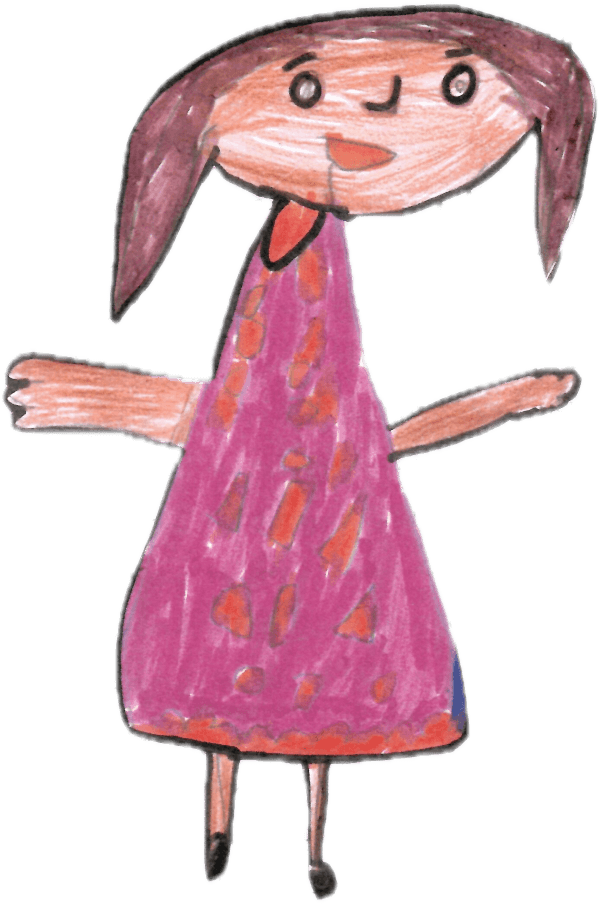 Once upon a time in a village everyone has heard of, but whose name no one could write down, because it was so long-winded and original, lived a little girl, no taller than a few inches, whose name was Sugarina. She was made of sugar, or so she thought. Whenever it rained she hid well, under a tree, amongst the bushes, under a roof or an umbrella, for she was terribly afraid of melting away. In her mind, the rain was like acid and she was sure it would burn her away and she would be no longer.
Once upon a time in a village everyone has heard of, but whose name no one could write down, because it was so long-winded and original, lived a little girl, no taller than a few inches, whose name was Sugarina. She was made of sugar, or so she thought. Whenever it rained she hid well, under a tree, amongst the bushes, under a roof or an umbrella, for she was terribly afraid of melting away. In her mind, the rain was like acid and she was sure it would burn her away and she would be no longer.
It was because of Sugarina that her family went on field trips or hikes very rarely - the little girl was convinced that she would catch some of that dampness that tends to linger in the forests and on meadows and perish then and there, evaporate, vanish, cease to be within a second. This is why she felt safest under roofs, especially the ones that looked thick and sturdy. Her dream was to go somewhere where there was no dampness or rain at all - a dry desert, for example, but she was too afraid of spiky snakes which were rumoured to live in the sand and bite those who dared to encroach on their territory.
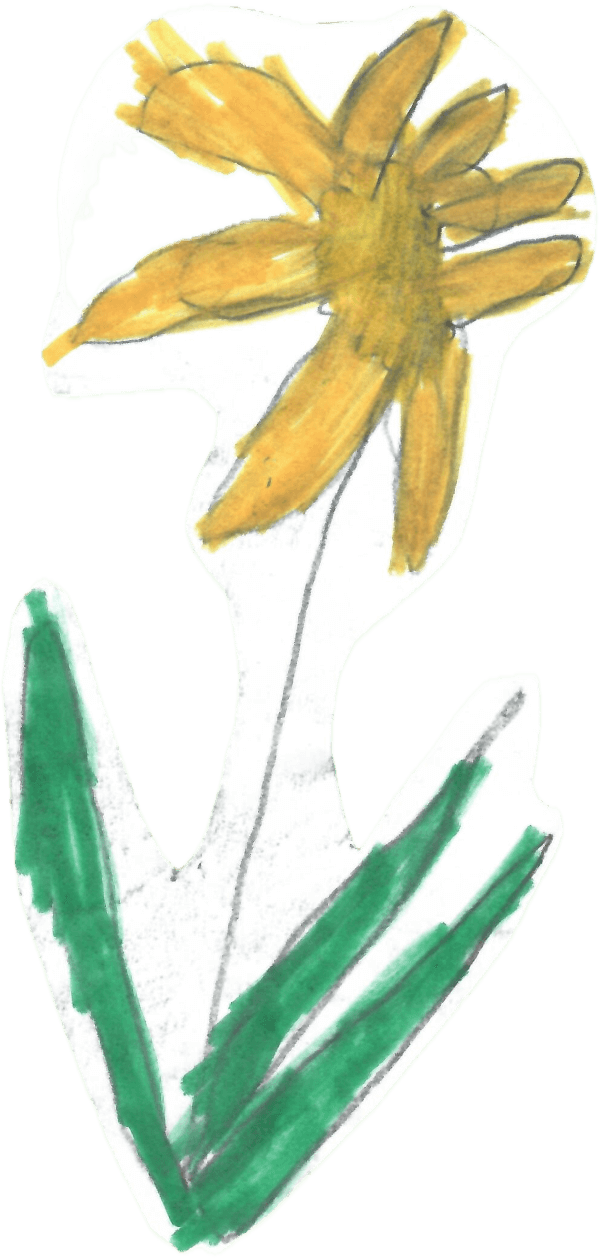 Her life was spent being very careful - each morning she checked the weather in three different sources, and kept monitoring it throughout the day by looking closely at the sky through a magnifying glass, telescope or binoculars. She assessed the number, the size, and the colour of the clouds, the brightness of the sun, and the force and loudness of the wind several times a day. Then she put her observations down into a tiny, sky-blue notebook she always carried with her, and described each day in terms of wetness at the end of it.
Her life was spent being very careful - each morning she checked the weather in three different sources, and kept monitoring it throughout the day by looking closely at the sky through a magnifying glass, telescope or binoculars. She assessed the number, the size, and the colour of the clouds, the brightness of the sun, and the force and loudness of the wind several times a day. Then she put her observations down into a tiny, sky-blue notebook she always carried with her, and described each day in terms of wetness at the end of it.
Sugarina did very little apart from worrying about getting wet. There were certain benefits of it though - at school, she was known as the geography and weather expert and was looked up to by other children for all information on whether there would be snow this Christmas or if to go fishing in the afternoon. She also knew when and where to fly kites and if Wellington boots needed to be worn all day long or only in the morning.
One day, Sugarina went out on a quick errand on her own, which she frequently did in spite of her fears. She wanted to visit her grandma who lived in a country house on the edge of a forest. Her intention was to deliver some freshly-baked treats she made herself. Her grandma was very good at telling thrilling tales and making delicious lemonade with lemons she grew in her garden - and that, coupled with the biscuits Sugarina made, was what the little girl could not wait for that day.
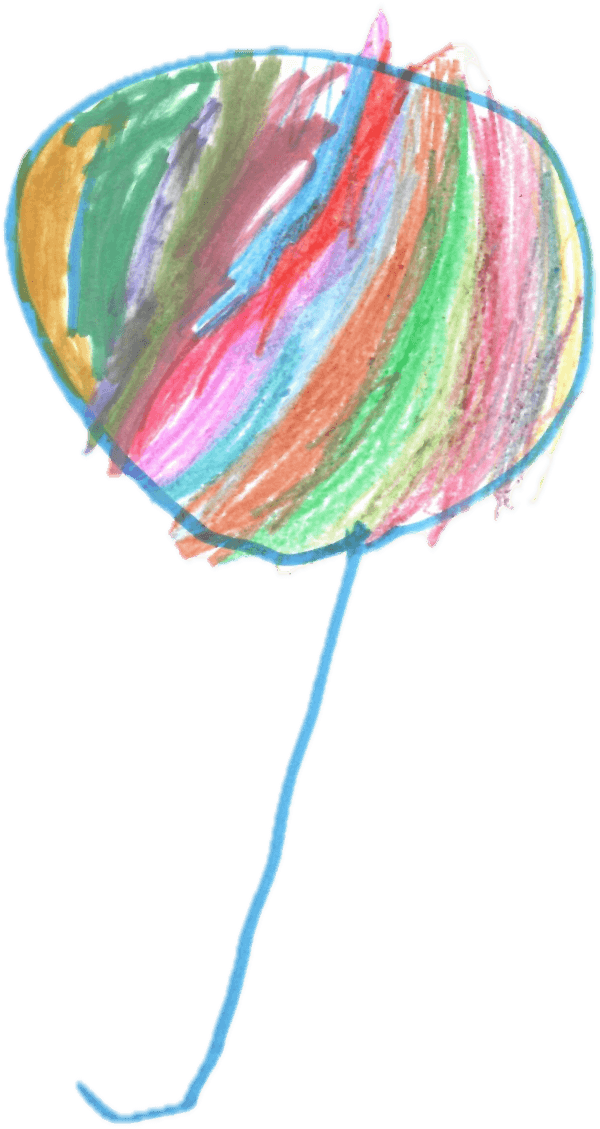 In spite of the fact it was a beautiful summer day with no rain predicted, the little girl took an umbrella and a raincoat, as she usually did. The road that led to the village was made of dirt which on a day like this turned into a dry, cracked road, full of ants and beetles and occasionally a lost frog. The dust that rose with Sugarina’s each step got into her eyes, her nose, and scratched the back of her throat but she did not mind it at all. She felt safe and almost as if she was wandering about the desert without the risk of encountering any scary snakes. Her Wellington boots, for she always wore a pair whenever the distance she had to cover was longer than one hundred steps, felt heavy and hot on her feet.
In spite of the fact it was a beautiful summer day with no rain predicted, the little girl took an umbrella and a raincoat, as she usually did. The road that led to the village was made of dirt which on a day like this turned into a dry, cracked road, full of ants and beetles and occasionally a lost frog. The dust that rose with Sugarina’s each step got into her eyes, her nose, and scratched the back of her throat but she did not mind it at all. She felt safe and almost as if she was wandering about the desert without the risk of encountering any scary snakes. Her Wellington boots, for she always wore a pair whenever the distance she had to cover was longer than one hundred steps, felt heavy and hot on her feet.
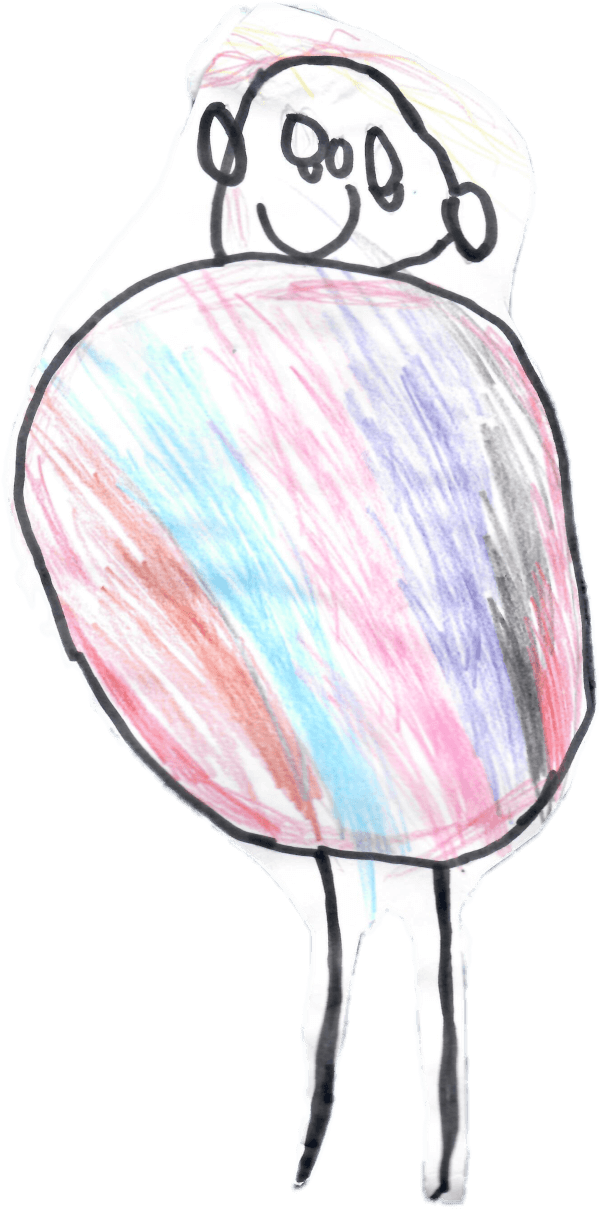 She was half way through her journey when something really strange happened. On passing by a clump of bushes, an evil-looking man jumped out of them and looked at her with a glassy eye. The other one seemed fine - it was made of whatever the eyes are made of. He looked for a while at the sky, then at Sugarina who came to a halt at such a surprising sight, and then back at the sky again. The man did not say anything and hid back in the shadow of the shrubs as soon as the little girl lost interest in him and started walking again. Sugarina was afraid of rain, not strangers, so very soon she forgot about the encounter with, what she called in her thoughts, ‘the glass-eyed man’.
She was half way through her journey when something really strange happened. On passing by a clump of bushes, an evil-looking man jumped out of them and looked at her with a glassy eye. The other one seemed fine - it was made of whatever the eyes are made of. He looked for a while at the sky, then at Sugarina who came to a halt at such a surprising sight, and then back at the sky again. The man did not say anything and hid back in the shadow of the shrubs as soon as the little girl lost interest in him and started walking again. Sugarina was afraid of rain, not strangers, so very soon she forgot about the encounter with, what she called in her thoughts, ‘the glass-eyed man’.
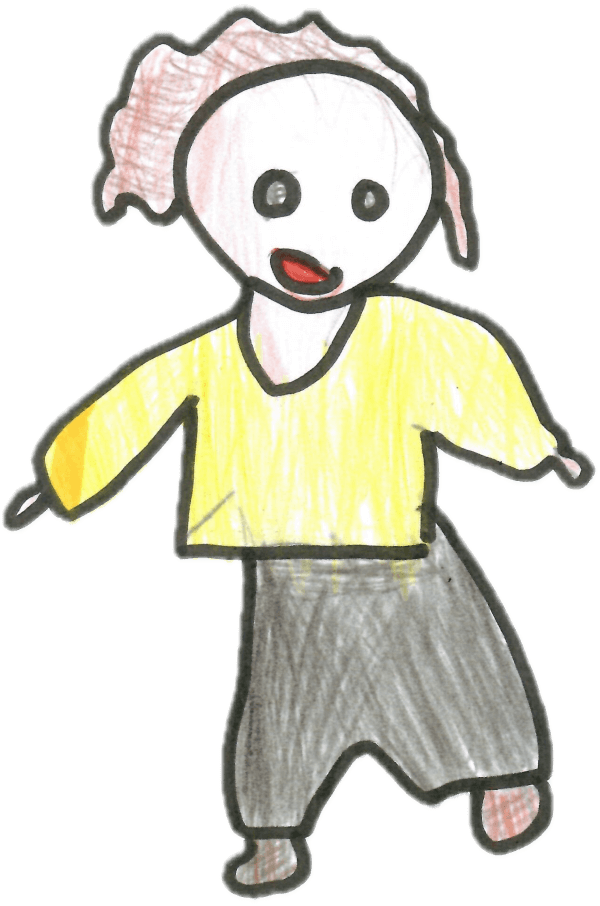 Next, she stopped in a grove to have a sandwich she had made before setting off - it was one of those delicious strawberry jam sandwiches that needed just a bit of butter for them to taste like the best meal in the whole world. As she was eating a small, raggedly-looking boy approached her and asked for her name. She did not reply but found out his was Zaiko and he was travelling in the opposite direction to visit his grandma. He forgot his lunch so Sugarina shared her sandwiches with him, which were very much to his liking.
Next, she stopped in a grove to have a sandwich she had made before setting off - it was one of those delicious strawberry jam sandwiches that needed just a bit of butter for them to taste like the best meal in the whole world. As she was eating a small, raggedly-looking boy approached her and asked for her name. She did not reply but found out his was Zaiko and he was travelling in the opposite direction to visit his grandma. He forgot his lunch so Sugarina shared her sandwiches with him, which were very much to his liking.
Having had two of them, the boy asked: ‘And have you met the man who lives in the bushes along the way?’ and then he whispered: ‘He was visiting other villages but is back now.’
"I met him but he didn’t say anything when he looked at me."
"Because he was trying to find out your greatest fear - he is really good at it!"
"Really?" Sugarina’s eyes got as big as strawberries.
"Oh yes! Last week when I passed him by he looked at me with his glassy eye as if he was looking through or inside of me and quickly discovered I was afraid of spiders. 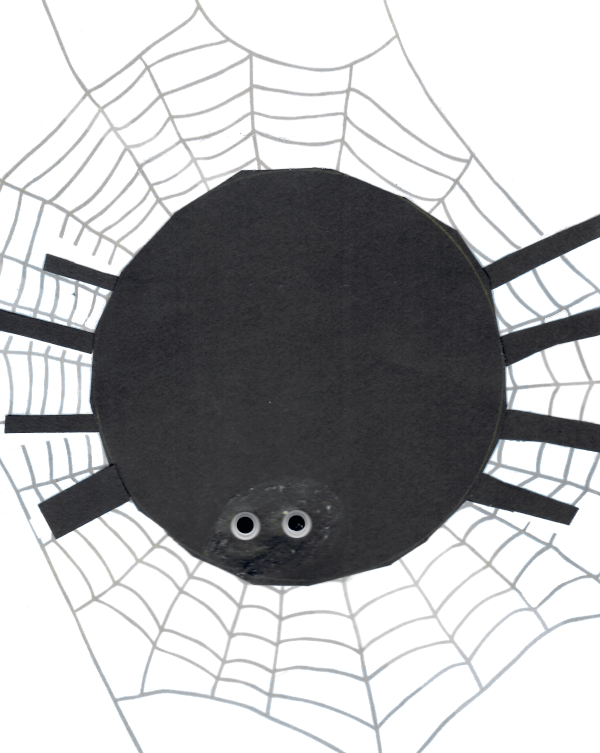 Next thing I knew, I walked into a giant spider web. It felt horrible at first: I was scared and I screamed and cried a little but in the end it was not that bad - nothing bad really happened to me and the spider seemed to be more scared of me than I was of it. Fancy that!"
Next thing I knew, I walked into a giant spider web. It felt horrible at first: I was scared and I screamed and cried a little but in the end it was not that bad - nothing bad really happened to me and the spider seemed to be more scared of me than I was of it. Fancy that!"
"And would you now touch one or its web?" asked Sugarina.
"Sure! I was afraid of them for no reason. They are like all the other animals, or, should I say, arachnids, but have more legs and some of them can be hairy."
"I see - they are not my favourite either but I am beginning to like them because of what you told me."
"Has he discovered what you are afraid of the most?"
"I do not think so, I hid it well. This raincoat is impermeable! So are these boots. Besides, he did not ask me at all!"
"He does not need to - he just knows!"
Now Sugarina was truly scared. She trembled and stared into the distance in disbelief.
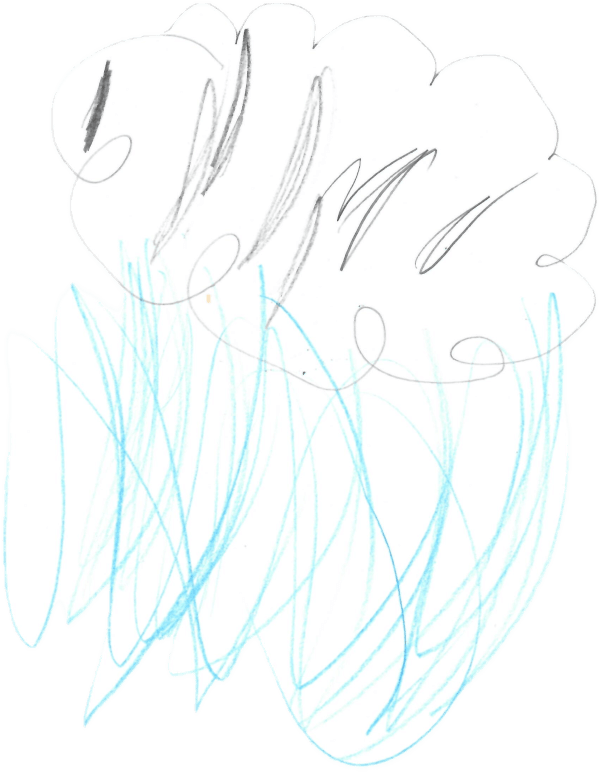 And just then a big, black, ominous-looking cloud appeared on the horizon out of nowhere - the wind moved it over the heads of the children in a hasty manner. Sugarina, brought out of her reverie by the shadow that appeared on the ground before her, looked up to see what it was. It was the Nimbostratus cloud, the WORST of them all! That meant rain! Torrential rain that was going to make her melt away and seep into the ground.
And just then a big, black, ominous-looking cloud appeared on the horizon out of nowhere - the wind moved it over the heads of the children in a hasty manner. Sugarina, brought out of her reverie by the shadow that appeared on the ground before her, looked up to see what it was. It was the Nimbostratus cloud, the WORST of them all! That meant rain! Torrential rain that was going to make her melt away and seep into the ground.
In a panic, she tried to find her umbrella and her raincoat but they were nowhere to be found. It seemed that a gust of strong wind made them roll away from where the children were sitting. She could see them in the distance and the distance between her and them was great and kept growing. To get to them in time was impossible.
Sugarina trembled. She was so young, so sweet, and she was about to perish in the acid rain. She closed her eyes and awaited the raindrops, her body tense, her heart racing. And there it was - the first drop, landing on her forehead. Then another and another. Sugarina felt her body disappearing with every drop. How many would it take to make her vanish?
Next, she felt the rain drops hitting her hands - her hands that could do so many things, from drawing to driving nails into the wall. She wanted to look at them one last time so she raised them and slowly opened one eye to make the sight less horrible, perhaps. Slowly, slowly, the eye opened.
She could not believe what she saw so she opened the second eye. Blinking hard with both eyes, she discovered that both of her hands were still there, even the fingers which she assumed would dissolve first. She moved her hand closer to her eyes, then another one - they both seemed like new, just a bit wet from the rain. With them she touched her face. It was still there: the nose, the cheeks, and the lips. Everything was in its place!
She called out to the boy who was huddled underneath one of the trees and wondered why Sugarina, whose name he did not know, was standing in the open field and put her fingers in front of her eyes, then on her face. He thought that she must have come from a place where such behaviour was completely normal as a reaction to rain.
So busy was she patting her face and her body that she could not hear him repeatedly call out to her. After a minute or so, she ran to him and shouted: “My fingers are still here! All of them.”
The boy was surprised by what she had said: “Where did you expect them to go?”
Sugarina, not paying attention to him, added whilst putting them in a clawed shape: “And they work just fine, too!”
“You are not made of tin, are you?” the boy asked.
“No, why?” she replied.
“Because you would go rusty in the rain.”
“Hah. That’s something! I thought I was made of sugar and that I would melt away once rain poured down on me but it did not happen. I still cannot believe it!”
“Well, you are clearly here, intact,” said the boy: “talking nonsense.”
“You would be equally afraid of the acid rain if your name was Sugarina!” exclaimed the little girl and departed in a huff, leaving the stunned boy behind in the grove.
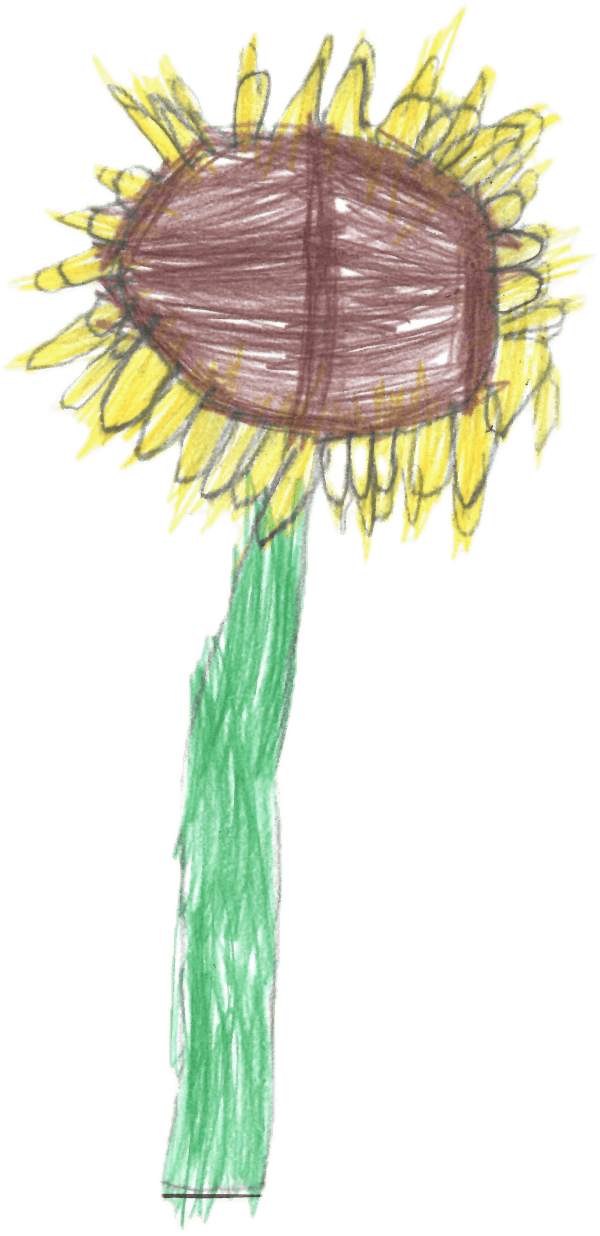 With a big smile on her face and a head much lighter, for her biggest fear had just disappeared, or, shall we say, was washed away, she rushed toward her grandma’s house, not to share the biscuits she had forgotten to take from the grove with her, but the excellent news on not being made of sugar and surviving the rain.
With a big smile on her face and a head much lighter, for her biggest fear had just disappeared, or, shall we say, was washed away, she rushed toward her grandma’s house, not to share the biscuits she had forgotten to take from the grove with her, but the excellent news on not being made of sugar and surviving the rain.
And do you think Sugarina has ever gone back to wearing Wellington boots, raincoats, and carrying umbrellas? No, you have got that right, she did not! Now whenever it rained she ran outside to dance, jump, and splash in the puddles, often without any shoes or boots on. She knew that rain was a friend of hers and, instead of destroying her, it helped her and the nature around her grow, one way or another. Since the day the rain washed her fear away, Sugarina felt like she was made of steel rather than sugar. Not much could make her afraid - the only thing she feared was the fear itself.

Illustrated by my daughter, Io. ❤️
And now for some fun...
Here is a set of printable tasks, rich in pictures, children can do on their own (if they are able to read) or with parental participation. Matching exercises on fears, trees, and clouds as well as a nature-focussed crossword, discussion prompts, and a poem by Emily Dickinson on the evening and morning sky are included: